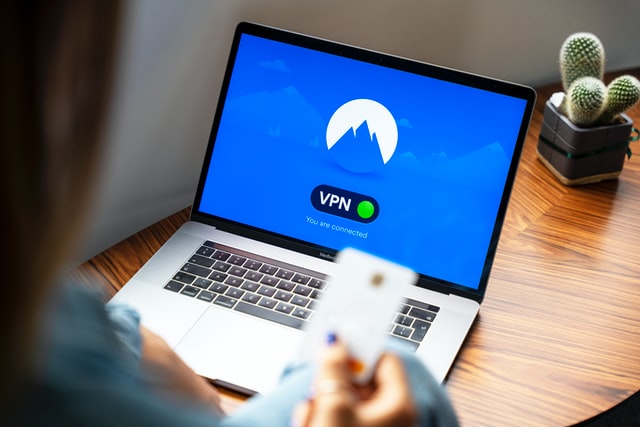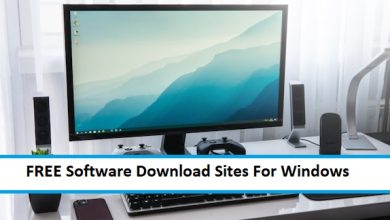What is VPN? – How it works? Types, Advantages of VPN

If you’ve used a public Wi-Fi network in any moment of your work life and been concerned about how your data was being used by your internet service provider, or just wished to watch Netflix shows that aren’t available in your area, a VPN, or virtual private network, is something you should investigate.
What is VPN?
In simple words, People can safeguard their internet traffic and keep their identities hidden online by using a VPN (a virtual private network). Your web traffic passes through an encrypted tunnel that no one can see, including hackers, governments, and your internet service provider, when you connect to a secure VPN server.
How does virtual private network (VPN) work?
VPN connects a corporate network to the Internet through encrypted connections. Because traffic is encrypted between the device and the network, it remains private while it travels. An employee may work from home and yet connect to the business network safely. A VPN may be used to connect even smartphones and tablets.
Why should we utilize a virtual private network (VPN)?
When you connect to the internet, your ISP generally sets up your connection. It uses your IP address to monitor you. Your network traffic is routed through the servers of your Internet service provider, who may track and display everything you do online.
Although your Internet service provider may appear to be trustworthy, it may disclose your surfing history with marketers, the police or government, and/or other third parties. Cyber thieves might also target Internet service providers: Your personal and confidential information may be compromised if they are hacked.
This is especially crucial if you use public Wi-Fi networks frequently. You never know who might be monitoring your internet traffic and what they might steal from you. PrivacySharks is one of the best VPN for torrent.
Types of VPNs
All VPN types may be classified into two groups.
- VPN for remote access
Users can connect to a distant network via a remote-access VPN, which is generally done with the help of specific software. If you’ve ever needed to connect to your company’s network, you’ve probably utilized a remote access VPN. Employees can access data and resources from anywhere, making working away from the office safer and simpler.
- VPN from one location to another
Businesses, particularly big organizations, are the most common users of site-to-site VPNs. They allow users in specific areas to safely connect to each other’s networks. It’s an excellent approach to link all offices and allow various branches to exchange resources and information safely.
Advantages of using a VPN
A VPN connection hides your internet data flow and protects it from prying eyes. Anyone with network access and a desire to see unencrypted data can do so. Hackers and cyber thieves are unable to understand this data while using a VPN.
- Secure encryption: An encryption key is required to read the data. In the case of a brute force assault, a computer would take millions of years to decrypt the code without one. Even on public networks, your online activities are disguised with the aid of a VPN.
- VPN servers effectively operate as proxies on the internet, allowing you to hide your location. Your exact location cannot be identified since the demographic location data originates from a server in another nation. Furthermore, the majority of VPN companies do not log your activities. On the other hand, some providers keep track of your activities but do not disclose them to third parties. This means that any and all records of your user behavior will be deleted completely.
- Regional online content access: Regional web content access is not always available from all places. Content on services and websites is frequently restricted to particular regions of the globe. To identify your location, standard connections use local servers in the nation. This means you won’t be able to access material from your home while on the road, and you won’t be able to access overseas content from your home. With VPN location spoofing, you may change your location by connecting to a server in another country.
- Secure data transfer: You may need to access crucial files on your company’s network if you operate remotely. This type of data needs a secure connection for security reasons. A VPN connection is frequently necessary to obtain access to the network. To decrease the danger of data leaking, VPN services connect to private servers and utilize encryption technologies.
Is a VPN really that safe?
It’s crucial to remember that VPNs aren’t the same as anti-virus software. A VPN connection protects your IP address and encrypts your browsing history, but it does not secure your machine from outside interference. You should certainly use anti-virus software to accomplish this. Because a VPN will not protect you against Trojans, viruses, bots, or other malware on its own.
Regardless of whether you use a VPN or not, once the virus has gained access to your device, it can steal or destroy your data. To guarantee optimum protection, you should use a VPN in conjunction with a thorough anti-virus application.




